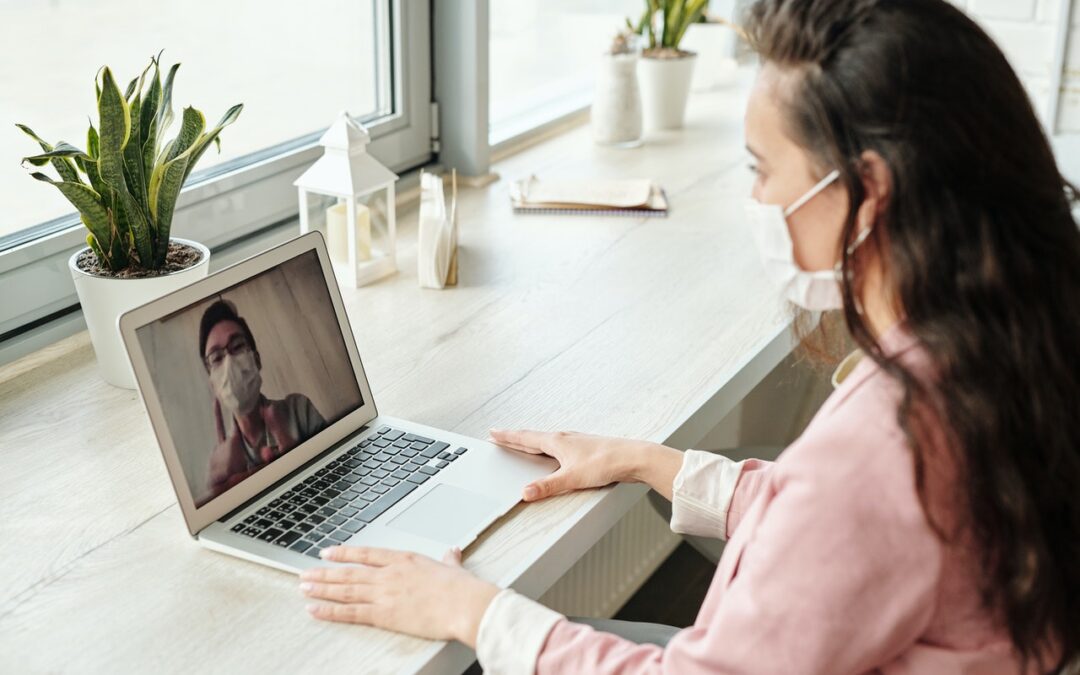The virus pandemic has certainly had an impact on all of us. Not being able to meet with my patients in person has required a major clinical adjustment. Thankfully, telemedicine has provided me with the ability to provide necessary ongoing treatment. But I also know firsthand how difficult and taxing social isolation and sheltering in place can be.
What has made this viral illness so stressful? After all, we have been dealing with annual episodes of influenza for decades. We also successfully made it through the fears of the bird flu, SARS, and swine flu. What makes Covid 19 so special and so scary? Covid 19 is called a novel virus because it is a protein that is totally new to the world’s human population’s immune systems. Our immune systems therefore do not have the capacity to adequately fight off this infection. The elderly and those with chronic illnesses are especially at risk. But 20 to 65 year olds are not immune from infection and risk severe illness if they are not cautious and follow CDC guidelines.
We can all agree that there are reasons to be fearful of this unique virus. We would all agree that sheltering in place and social isolation plays a role in our unease and insecurity. The inability to see loved ones and friends certainly takes a toll. Job loss and the subsequent financial stressors contributes as well. Lack of definitive treatment or a protective vaccine adds to our worries. But the level of emotional unrest seems to be much greater than what these issues would suggest. So what accounts for our level of apprehension?
It is my belief that our emotional upset and fearfulness is being fueled by an incessant level of media exposure, a 24/7 bombardment of our senses by vivid and at times sensationalistic accounts of the impact of this illness on our society. The negativity is inescapable. The drama can be horrifying. I do believe that we are being psychologically traumatized by the effects of this multi-sensory media explosion. Modern theories of post traumatic stress disorder have now implicated the impact of day to day low level traumatic experiences. We certainly deserve to be kept up to date, but non-stop communication of human suffering at this level can be seriously problematic.
So what can we do to minimize the stressors of these times? The answers are rather straight forward and simple. When the world around you seems out of control, frightening and foreign it is important to pay attention to our own personal world and life space. You may not be able to change what is outside of you but you certainly can have the ability to influence your own world. These are some basic guidelines to follow:
- Add consistency, structure and predictability to your day to day life.
- Go to bed at the same time every night and awaken at the same time the next day.
- Schedule exercise, studying, work (if you are lucky enough to still be working), meals, fun etc. at set times.
- Get outside while following CDC guidelines on a regular basis, even if it means sitting on a balcony or patio for extended periods.
- Do not allow yourself to isolate. Maintain social contacts through phone calls, video chats, emails, etc. Socialize with a friend or family member while maintaining the appropriate safe distance.
- Limit your news media exposure. Get the data you need to be adequately informed but don’t give in to the tendency to be a news voyeur. Sensationalistic news coverage can be addicting. Be careful and avoid over exposure.
- Attend to your basic activities of daily living that include your appearance and hygiene, maintaining healthy nutrition and caring for your living space.
- And most importantly, recognize that this period of difficulty and sacrifice will come to an end.
There will be life after Coronavirus. At some point in the near future, this virus will be treated no differently than the annual influenza virus. The same way that pharmaceutical companies formulate the year’s flu vaccine by taking into account the types of flu viruses prevalent that year, it will also include the coronavirus as part of the vaccine recipe.
The real challenge for the future will consist of what we can learn from this experience. How can we be better prepared? How can we improve our healthcare system and its inequities? How can we maintain the improvement in our environment that has resulted from reduced pollution, crowding overuse of natural resources? How can we return to person to person human contact and minimize communication through digital media only? How can the media learn to balance coverage with more hope and support? I wish that I had the answers. We shall have to wait and see.
For more information or to schedule an appointment call us at (561) 223-6568 or contact us here.

